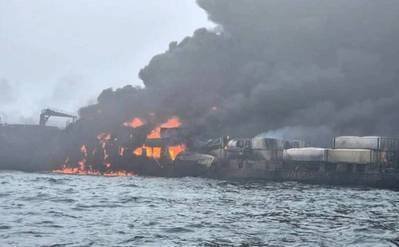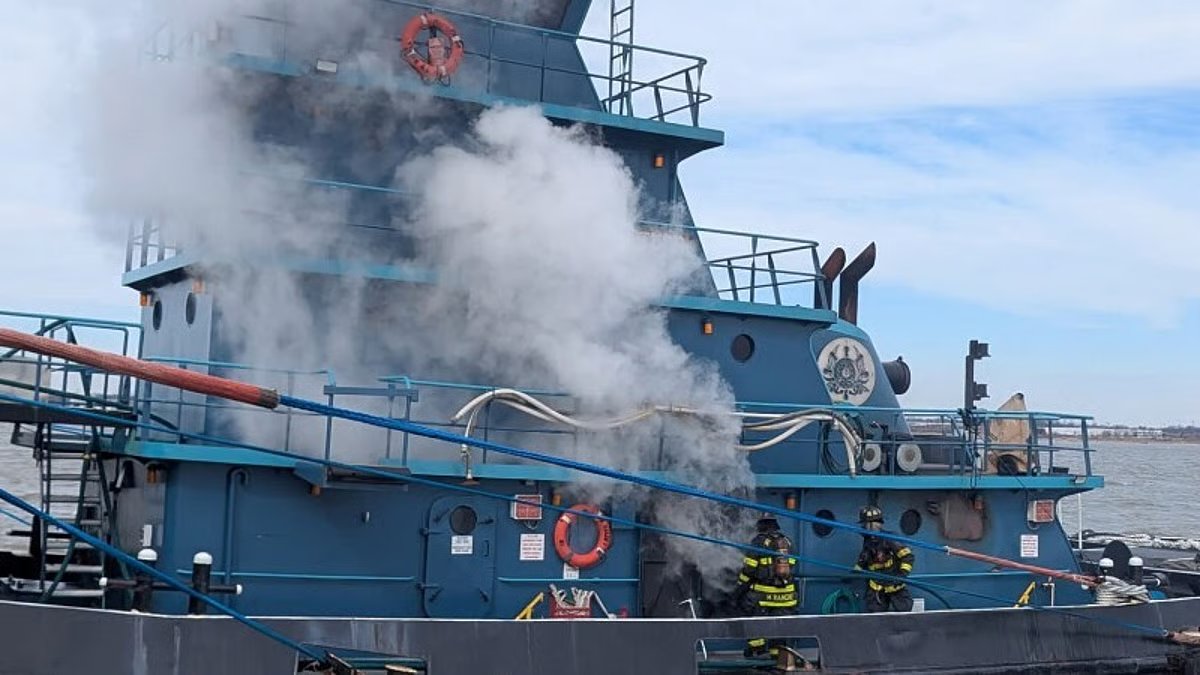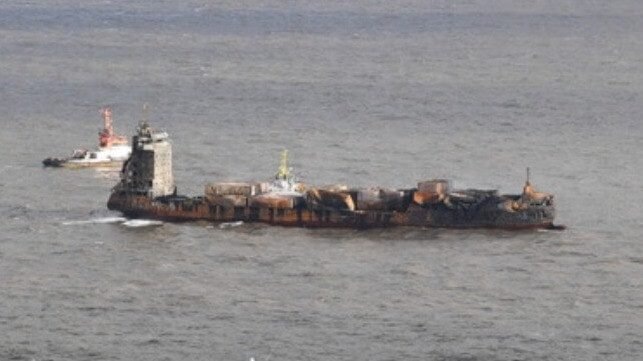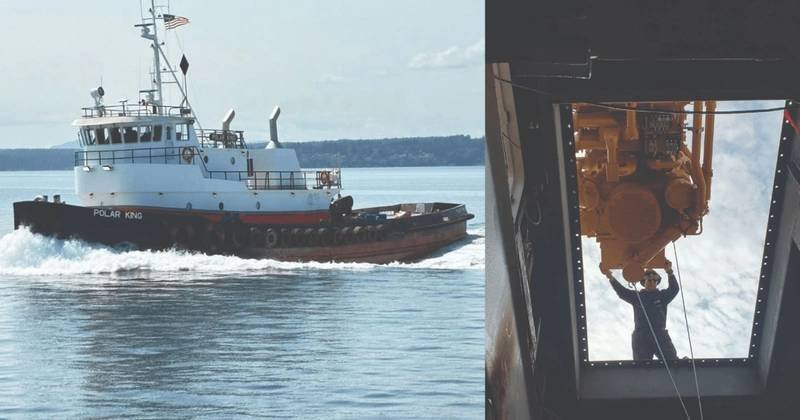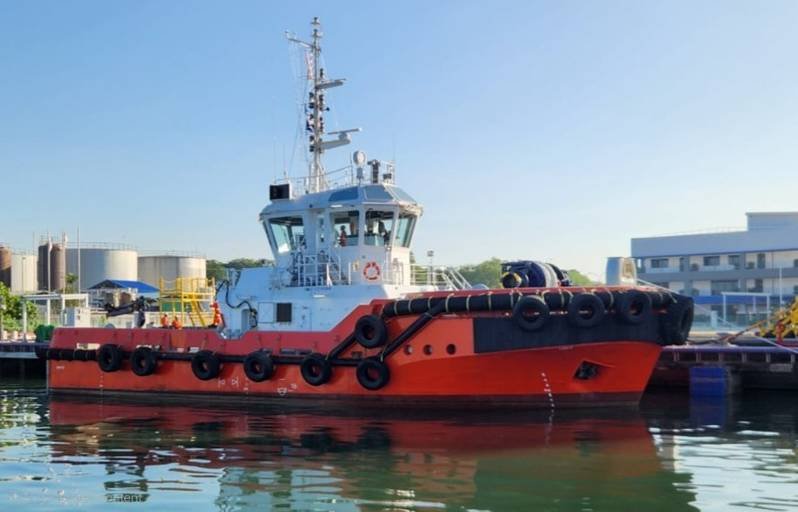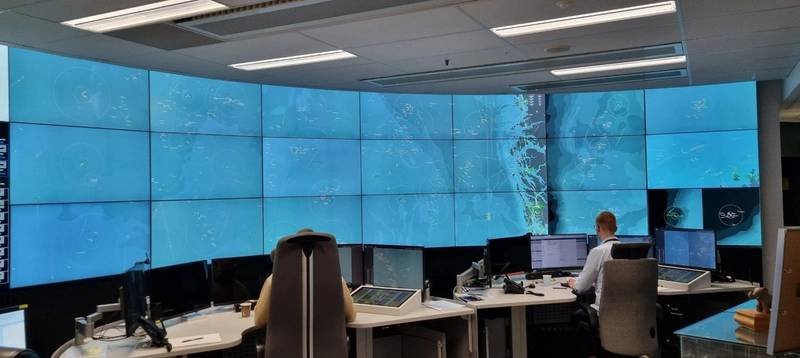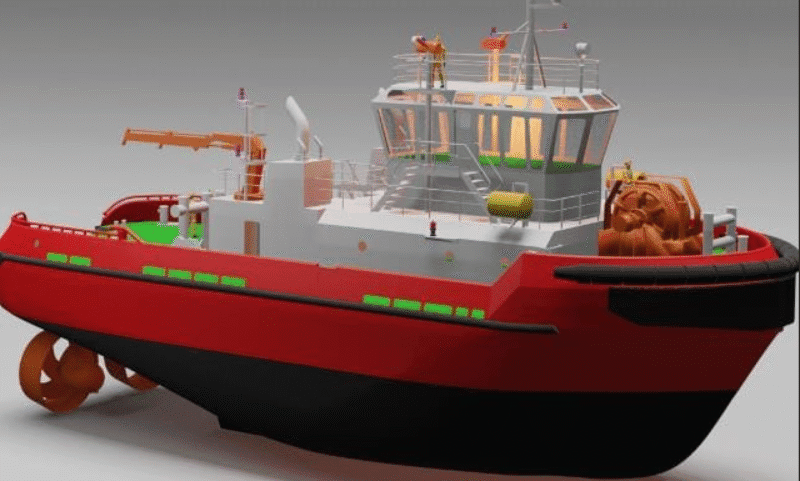A recent incident on the Columbia River involving a tugboat colliding with a bulk liquid transportation pier has brought attention to the importance of proper vessel monitoring systems. The Coast Guard Marine Accident Investigation determined that the boat operator had fallen asleep at the wheel, causing over $1.5 million in damages to the barge and surrounding equipment. The incident occurred near a pipeline that had the potential to discharge synthetic diesel into the waterway, highlighting the serious risks involved with maritime accidents.
The investigation pinpointed the failure of the Pilothouse Alerter System as a crucial factor in the incident. This system is required for towing vessels over 65 feet with overnight accommodations and a single watch in the wheelhouse. In this case, the system’s time interval was set to 10 minutes using passive infrared sensors, which proved to be ineffective in detecting the skipper’s inactivity due to external movements like swinging cables and fans. This raises concerns about the reliability of such systems not designed for marine environments.
To prevent similar accidents, the Coast Guard has issued recommendations for ship managers, owners, and operators. These include ensuring appropriate alarm intervals, considering marine-grade monitoring systems, updating safety policies, and confirming the system’s proper functionality. The regulations for Pilothouse Alerter Systems are crucial for vessel safety, and compliance within the stipulated timeframe is essential for existing tow vessels.
In conclusion, the incident serves as a reminder of the dangers posed by inadequate monitoring systems on maritime vessels. It underscores the need for proper protocols and equipment in place to prevent accidents and ensure the safety of crew members and the environment. The Coast Guard’s recommendations provide valuable insights for enhancing vessel monitoring practices and mitigating risks associated with operator negligence.
Share it now








